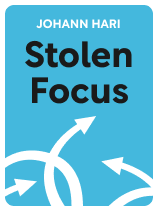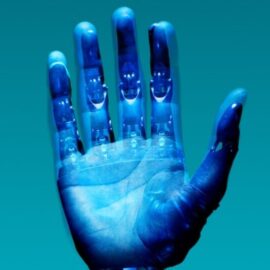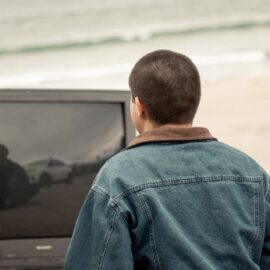

This article is an excerpt from the Shortform book guide to "Stolen Focus" by Johann Hari. Shortform has the world's best summaries and analyses of books you should be reading.
Like this article? Sign up for a free trial here .
What is the attention crisis? How does it affect our ability to read and think?
Stolen Focus by journalist Johann Hari makes the case that we have an attention crisis, which means we’re all losing the ability to concentrate. He argues that it’s the result of outside forces and not people being lazy.
Let’s look at how the attention crisis is affecting our minds.
The Attention Crisis
Hari argues that an attention crisis is undermining our cognitive ability to do three things: find flow (a state of intense focus), read, and think. Below we’ll explain why each of these activities is becoming harder and what that means.
Proof #1: It’s Harder to Find Flow
Flow is our highest form of sustained attention, and Hari argues that the distractions of modern life are destroying it.
Although flow is the highest form of focus we can achieve, it’s easily disrupted. Hari argues that the distractions of modern life and our daily routines keep us from reaching flow.
We spend our days fighting off distractions to focus on goals that don’t motivate us, and we decompress by giving in to our preferred distractions. At no point in our day do we purposely engage with a task that will help us reach flow.
Proof #2: It’s Harder to Read
Hari argues that reading—the most common flow experience—is also disappearing from people’s lives. We engage less with the complex cognitive task of reading and, as a result, we are changing how we engage with complex topics.
Hari explains that as we read more from screens, we read less from the pages of books, and we ultimately become worse readers. He says more than half of the US population doesn’t read any books over the course of a year. In Britain, so few people buy books that the market for printed novels shrank by 40% between 2008 and 2016.
In addition to pulling us away from books, reading on a screen affects how we interact with books and information when we do read, in three ways:
- The skimming and scanning we do on screens become our go-to reading strategy. This makes books less enjoyable because they’re not set up for skimming and scanning.
- We absorb and retain less information when we read on a screen, as opposed to on paper.
- Over time, we become less able to process long texts and complex information.
Hari argues that struggling to read and the attention crisis are mutually reinforcing. The more difficult it is to pay attention, the less we read books; the less we read books, the less we exercise the cognitive skills that help us pay attention.
Proof #3: It’s Harder to Think
Hari’s final proof of the attention crisis is that we’re struggling to think. Our idea of concentration is being laser-focused on a specific task. However, our minds also need to wander purposefully to make connections and insights, which the constant distractions of modern life impede.
The brain performs three functions when your mind wanders:
- It has insights. While you allow your mind to wander, the brain unravels complex ideas, helping you understand them.
- It makes new connections. While your mind wanders, it makes new associations between ideas, which helps you find solutions to problems.
It prepares you for the future. While the mind isn’t occupied with immediate concerns, it can consider future scenarios and prepare you for them.

———End of Preview———
Like what you just read? Read the rest of the world's best book summary and analysis of Johann Hari's "Stolen Focus" at Shortform .
Here's what you'll find in our full Stolen Focus summary :
- The seven factors causing the current attention crisis
- Johann Hari's three-part solution to gaining your attention back
- Why society needs to change, not just individuals






